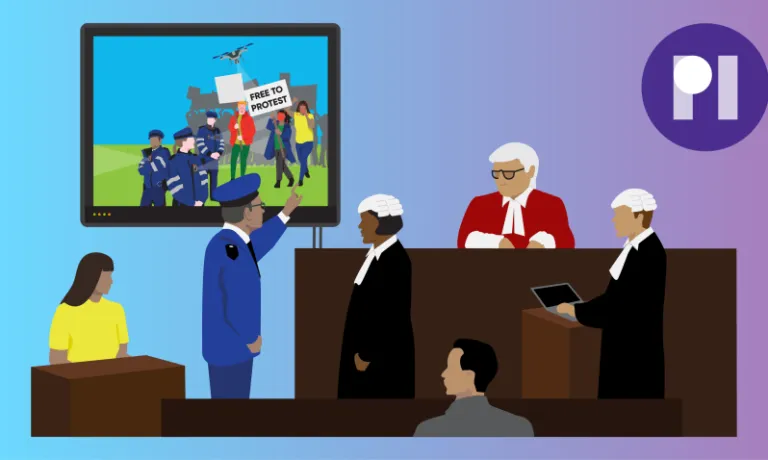
Long Reads

Read our analysis of our research findings, including the limitations of the method, the use of advertising and analytics SDKs, other third-party developer tooks, content delivery networks, non-local storage, data minimisation, and the future of privacy.


Recent activity demonstrates the need to protect people against the worst excesses of Big Tech dominance over how we interact and relate online. The fight over our data and our autonomy online continues.


The next generation of AI Assistants may seek extensive access to our personal data, accounts and devices features. Can we trust their developers to protect our privacy and security?

Here is a selection of our biggest achievements in 2024.

Since the beginning of 2024, we’ve achieved some wins.

Find the answers to all the questions you have regarding the UK's secret Technical Capability Notice (TCN) powers, Apple, and our fight against them.

Intrusive surveillance technology is increasingly used to prosecute activists, protesters and human rights defenders.

The CrowdStrike incident earlier this year had major implications for governments and businesses across the world. Here, we look at what it tells us about the security and robustness of the modern internet.